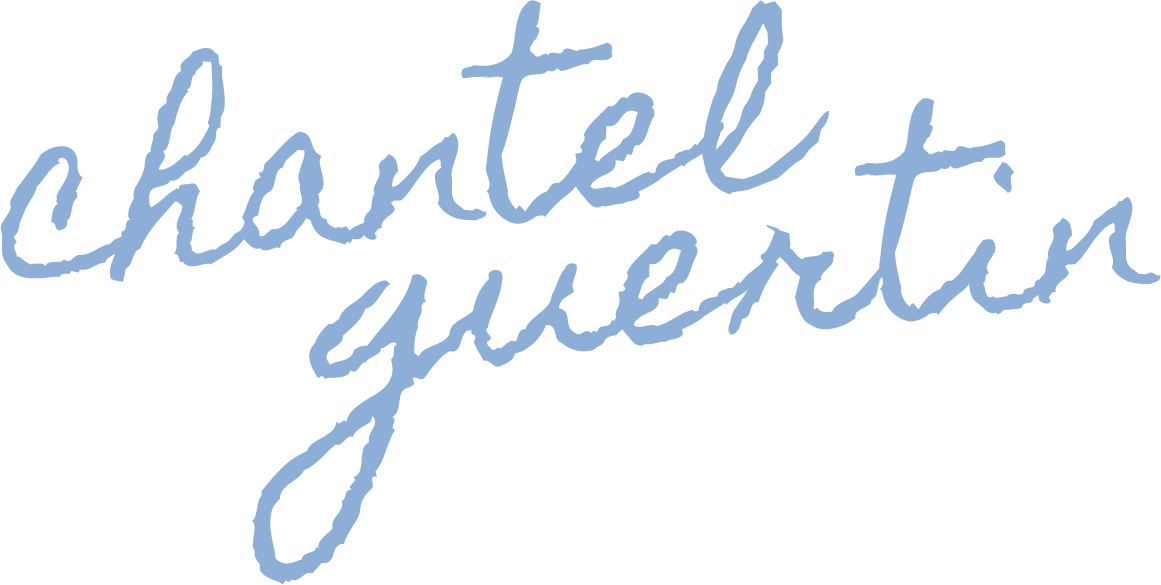Luck
This piece originally appeared in The National Post.
“Don’t you think you’re one of the luckiest people ever?” my friend said to me recently.
Lucky? Um, no.
You know how some people don’t believe in God, and some people don’t believe in marriage? Well, I don’t believe in luck. It wasn’t always that way. I used to really believe in luck. I was superstitious. I always chose the second magazine on a newsstand. I made a wish when the clock on my computer turned to 11:11. I lifted my feet when driving over railway tracks. But then I had a very bad year. And to get through it, I stopped believing in luck. That, and I started writing.
But first, the very bad year. At the end of 2010, my former publisher, Key Porter, went out of business. I had just submitted what would’ve been my third novel to my editor. She was the kind of fantastic editor—and still is, she’s moved on to another publishing house—who normally would’ve emailed back to say she got it and couldn’t wait to read it. But she didn’t do that. Instead, the next day she emailed to tell me that she, along with the rest of the editorial staff, had been let go. Key Porter was filing for bankruptcy.
My book—the one I’d been working on for the past year—wouldn’t be published. Then, my marriage ended. Or rather (to be accurate since my husband wasn’t really at fault), I decided to end the marriage I’d been unhappy in for years. This, despite reciting the words “til death do us part” at our ceremony (which happened to be in Spanish, so who knows if I actually agreed to that). I moved out of our spacious penthouse condo and into a tiny one-bedroom apartment with my cat, Mr. Baz, and little else. I felt like a total failure.
Then, to save myself from loneliness and insanity, I started writing. Oh sure, I was already writing. I was an editor at The Kit, a Toronto-based fashion and beauty magazine. I freelanced for various magazines and websites. I taught magazine writing to post-grad students at Centennial College. And I already had two novels—Stuck in Downward Dog and Love Struck—published.
But I wasn’t really writing. Not all the time. Not like when I was a kid, when I wrote because I loved writing. Not because I was being paid to write.
There’s an adage that says that success is 99% hard work and 1% luck.
Some would argue that becoming a successful author—one who doesn’t have to have another, more secure job that actually pays the bills—has a lot to do with luck. Why a certain book becomes the book that’s on every table at every bookstore, that every book club is reading, that gets made into the blockbuster movie with the A-list cast, has a lot to do with luck. But if I believed it had only to do with luck, then I might as well have plopped down on the couch with a bag of Halloween candy while hoping for a fairy godmother to sprinkle a little good luck dust over me. Because if you believe in luck, then your life is out of your control. And when the rest of my life seemed in shambles, I needed some control. So instead I chose to believe that the best thing I could do was work hard at my craft. Because, as Malcolm Gladwell says, it takes 10,000 hours to be good—really good—at anything. So if I wanted to be a writer, I needed to write.
I love notebooks. I buy them all the time. But before the very bad year, I began to worry about keeping them separate—one for a diary, one for work notes, one for to-do lists. I didn’t want to carry around three notebooks, and so, somewhere along the line, I was so worried about writing in the right notebook that I stopped writing altogether. I ended up making mental notes, writing on the backs of receipts, or typing a to-do list into my phone. I stopped writing for the pleasure of writing.
So my first order of business was to stop worrying about the end result of writing in a book and just enjoy the process of writing. I put a notebook in every handbag I owned, one on my nightstand, another in the basket of magazines I kept beside the couch. One on my desk. And whatever I was doing, I wrote. When I woke up and before I went to sleep. I’d go for a bike ride and stop along the way to jot down a thought. I’d write on the subway on the way to teach a class. And I also started a new story—the story of a 16-year-old girl who’s trying to find herself after the death of her father. By the following summer ECW Press bought The Rule of Thirds in a two-book deal. They not only loved the story, they wanted it to become the first in a teen series.
The previous year, my therapist had told me, “You’ll look back in a year and you won’t believe how far you’ve come.” At the time I didn’t believe her. But not even a year later, my writing career was back on track, my occasional gig on the The Marilyn Denis Show had turned into a regular contract, and I had a great new relationship with a guy I’m still madly in love with and now engaged to. And writing got me through it all. That, and maybe a little bit of luck after all.

